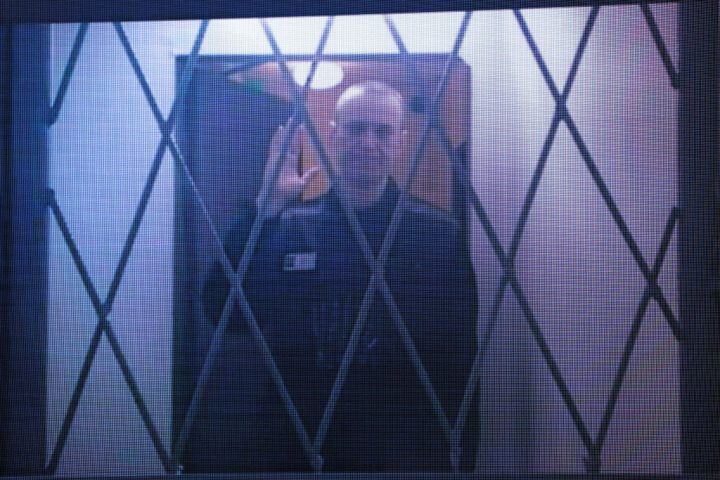The March presidential elections in Russia will, of course, be a stage-managed farce, but that doesn’t mean that real politics has been entirely extinguished. It offers a narrow window of opportunity for the opposition to try and connect with the Russian people – so the Kremlin is doing its best to muzzle them.
Already a subscriber? Log in
Subscribe for just $2 a week
Try a month of The Spectator Australia absolutely free and without commitment. Not only that but – if you choose to continue – you’ll pay just $2 a week for your first year.
- Unlimited access to spectator.com.au and app
- The weekly edition on the Spectator Australia app
- Spectator podcasts and newsletters
- Full access to spectator.co.uk
Or




















Comments
Don't miss out
Join the conversation with other Spectator Australia readers. Subscribe to leave a comment.
SUBSCRIBEAlready a subscriber? Log in